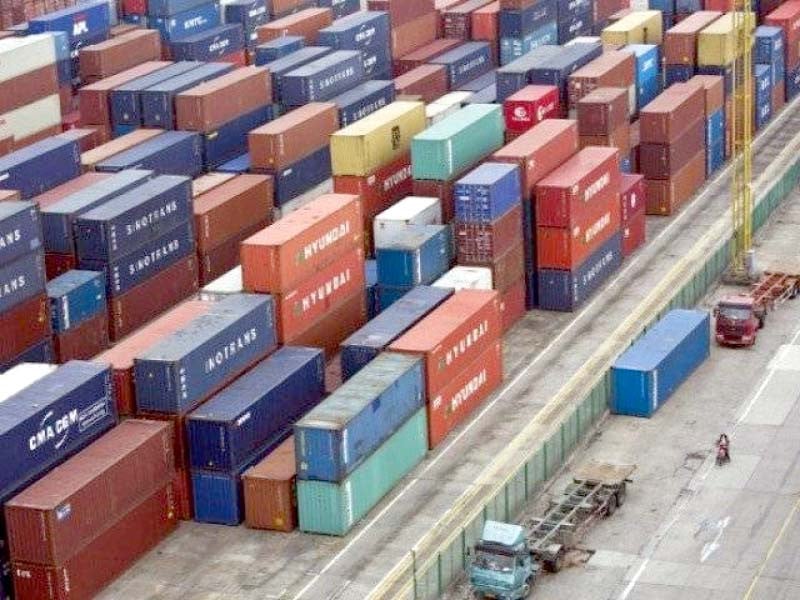Pakistan is losing Rs10 billion annually in duties and taxes due to the illicit tea trade, which not only causes financial losses to the government but also poses health risks.
As one of the world’s top tea-consuming nations, Pakistan consumes over 200,000 tonnes of tea each year.
In the legal tea industry, which holds a 70 per cent market share, Tapal Tea leads with 29.6 per cent, followed by Lipton Pakistan Limited at 18 per cent, an entity that separated from Unilever in July 2022.
However, the illicit tea market, now representing about 30 per cent of Pakistan’s total tea market, is a growing concern. This underground trade deprives the government of about Rs10 billion annually in tax revenue by avoiding import duties.
High taxes on legally imported tea make smuggled tea more attractive, especially to lower-income groups. The price disparity between legal and illegal tea encourages consumers to choose the cheaper, smuggled option, straining their budgets. This undermines legitimate businesses and deprives the government of essential revenue for public services and infrastructure.
Persistent high inflation rates exacerbate the problem by reducing consumer purchasing power, driving more people towards the black market despite potential health risks associated with adulterated tea containing harmful substances such as dyes, sawdust, and even pigeon blood.
Addressing these challenges requires a comprehensive approach. Analysts like Osama Siddiqui emphasize the need for stricter enforcement of import regulations, public awareness campaigns about the dangers of illicit tea, and policies to make legal tea more affordable.
As Pakistan confronts the illicit tea trade, it must recognize its broader implications for the economy and public health. Siddiqui underscores that tackling the root causes of this trade and promoting safer alternatives could lead to a healthier and more prosperous future for the country.

